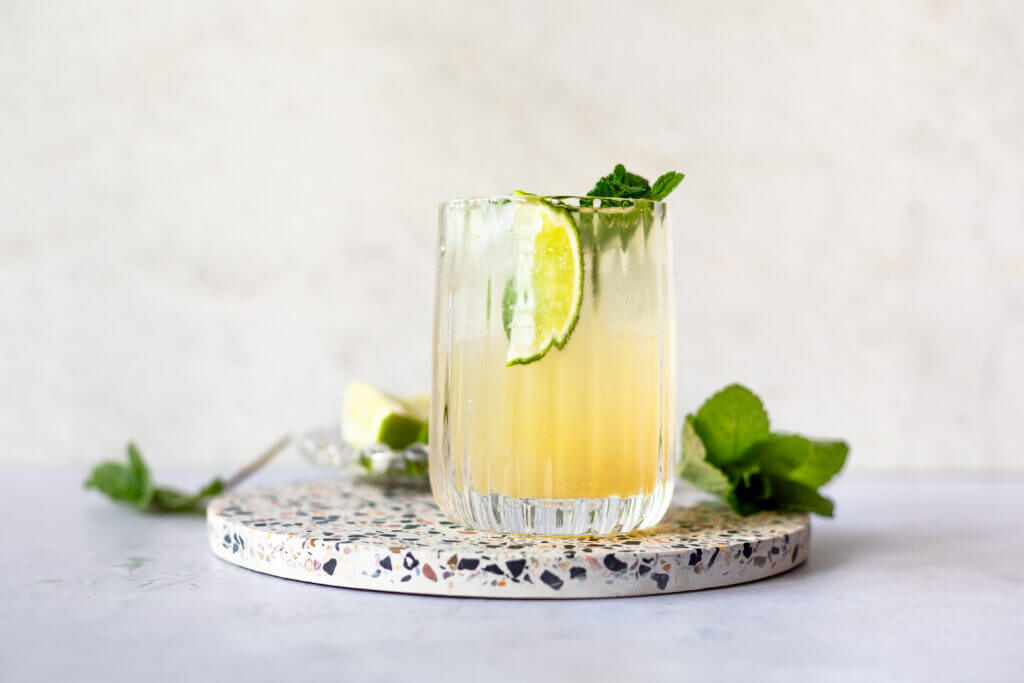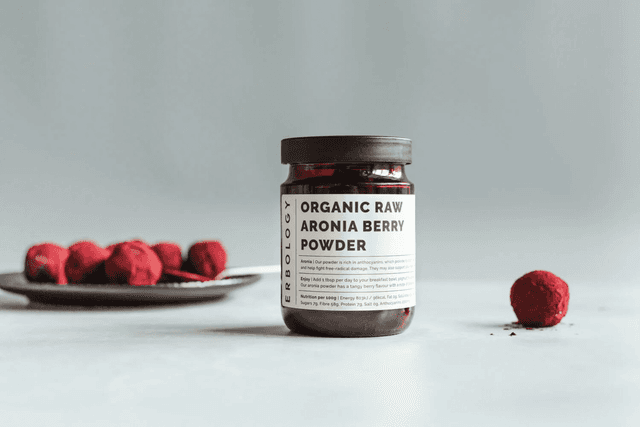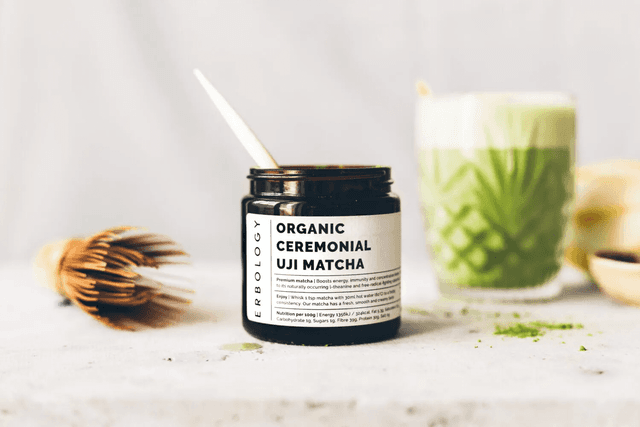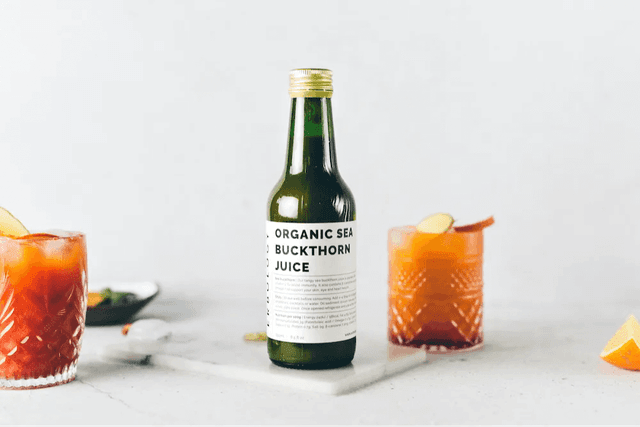22 Jun 2022
Anti-inflammatory diet: what foods to eat?
What is inflammation?
As a simple example, if you accidentally cut your finger while chopping vegetables in the kitchen, it will become red and inflamed. Similarly, if you fall down the stairs and sprain your ankle, it will become swollen and inflamed. This type of inflammation is visible and hard to miss because of its clear external manifestation. However, how can we identify inflammation inside our bodies? Let's find out what inflammation is and what foods to eat as part of an anti-inflammatory diet.
Inflammation occurs inside the body when our immune system reacts to any foreign bodies. These could include any type of microbe, pollen or chemical substance. When this occurs, our body is essentially trying to protect our health from any “invading” substance.
We need some inflammation for healing, however it becomes problematic when inflammation becomes chronic.
Sometimes inflammation continues even when there is no foreign substance to defend ourselves from. This is when we need to be concerned about inflammation. In fact, a chronically inflamed system can develop diseases.
Chronic inflammation can cause organ damage and plays a role in most major illnesses, from cancer, heart disease, diabetes and arthritis to depression and Alzheimer’s disease.

Inflammation is the process by which our body naturally defends itself against pathogens.
A large body of evidence has shown that there is a strong link between oxidative stress and inflammation. In fact, oxidative stress plays a detrimental role in chronic inflammatory diseases.(1)
Inflammation and chronic disease
Inflammation itself is not a disease however it is a biological process that contributes and leads to disease if left unmanaged and chronic.
Not only can certain health conditions cause inflammation, so can certain foods and dietary patterns.
Fortunately, by making conscious choices around the food we do and don’t eat, we can actively prevent inflammation. There are many benefits of an anti-inflammatory diet which can help you to get your health back on track.
So how do you know if you should be eating anti-inflammatory foods? The answer is that everyone should be eating them! There are only benefits to be gained from trying an anti-inflammatory diet and virtually nothing to lose, besides inflammation!
Of course, some people have more or less inflammation depending on their health condition, so everyone experiences inflammation at different levels.
Moreover, if you have a chronic health condition, you most likely have chronic inflammation too. Common health conditions linked to chronic inflammation include gut conditions such as Crohn’s disease, IBS and ulcerative colitis, conditions of the heart including heart disease and high blood pressure, obesity, psoriasis, rheumatoid arthritis and Type 1 diabetes.(2)
With regards to diet and inflammation, there is no one-size fits all.
Food triggers
In fact, inflammation triggers vary from person to person, however some foods are more or less inflammatory for everyone.
For example, most of us should limit refined starches and processed meats, especially those of us with heart disease. Moreover, gluten and dairy can be triggering for people with gut issues.
You can read more about gluten here and why you shouldn’t cut it out of your diet unless you have been advised to do so by a doctor or dietitian.
Overall, we may all have different triggers so it’s important to discuss these with a dietitian to understand how diet is impacting your health. You can also experience inflammation if you have certain food sensitivities. In fact, when your immune system reacts to a food that you are sensitive to, this causes your antibodies to increase, subsequently leading to inflammation.
As previously mentioned, your body perceives the food you are sensitive to as a “foreign” substance and therefore defends itself against it.
Again, we are not all created equal and therefore we will not all experience inflammation from the same foods. For example, your friend may be able to enjoy pasta with no issues at all whilst if you have a gluten sensitivity, it will cause inflammation for you.(3)
Hidden inflammation
It’s important to remember that not all inflammation is visible, especially when it comes to inflammatory foods. Much of the inflammatory process occurs within the body and wouldn’t be visible from the outside. In fact, all ultra processed foods can trigger internal inflammation processes.
So even if you don’t have any specific food allergies, intolerances or sensitivities, it’s a good idea to minimise your consumption of ultra processed foods in order to keep inflammation at bay.
If inflammation is internal and not visible, how do you know whether it’s occurring? This is challenging because inflammation can be silent, however there are some physical manifestations that you can look out for which indicate inflammation.
Some examples of visible inflammation include skin rashes, swelling of hands or feet, abdominal bloating or discomfort and puffiness in the face. You may also feel fatigued, you may experience joint pain, gut disturbances, migraines and struggle to lose weight or maintain weight. In addition, inflammation can make us more susceptible to catching the common cold or flu and it can also delay our recovery process and we do eventually get better after contracting them.
Where do I start?
The food you eat and the food you avoid will have a significant impact on your body’s inflammatory response. As mentioned previously, we are all different and unique so there is no one-size-fits all inflammatory diet.
However there are anti-inflammatory foods which can provide benefits to all of us (unless of course you are allergic/intolerant to any of these foods). So before we discuss anti-inflammatory diet and what foods to eat, let’s find out which inflammatory foods we should avoid!
It goes without saying that ultra processed foods are a top cause of inflammation in the body.(4) Overall, an anti-inflammatory diet is one that steers clear of ultra processed foods. In other words, anything that has a list of unpronounceable ingredients, that lists sugar or salt as the first ingredient, or that your grandparents wouldn’t recognise as food!

Such foods include potato chips, processed meats like bologna, pepperoni and salami, processed cheeses such as nacho cheese dip, all sugary beverages and soda, deep-fried foods and pre-packaged commercial sweets.
Many of these foods are filled with trans fats which are strongly correlated to cardiovascular disease and inflammation. Be mindful that many products marketed as “healthy” or “natural” contain hidden ingredients such as high levels of sodium, saturated and trans fats, and sugar.
Whole vs. processed
Once you’ve cut back on ultra processed foods, you can introduce more whole anti-inflammatory foods into your diet. Whole foods are a weapon against inflammation! By whole foods, we literally mean “whole” foods, like a whole apple (not apple juice), a head of lettuce, or a tomato! Other examples of whole foods include brown rice, beans, lentils, chickpeas, nuts, seeds, oats, fish & eggs ( if you’re not vegan).
In other words, if it grows on a tree or lives on land or in the sea, it’s a whole food. But what about healthy foods that aren’t technically “whole” foods? There are “processed” foods which are absolutely suitable to consume regularly and which can be foods to eat as part of a healthy anti-inflammatory diet.
For example, a tub of store bought hummus that is low in sodium and has a very short list of ingredients is technically “processed” but still healthy. The same is true of canned tomatoes or any canned vegetables ( just watch out for the sodium content). The main thing to remember is to carefully read the ingredients list to make sure what’s inside the product.


